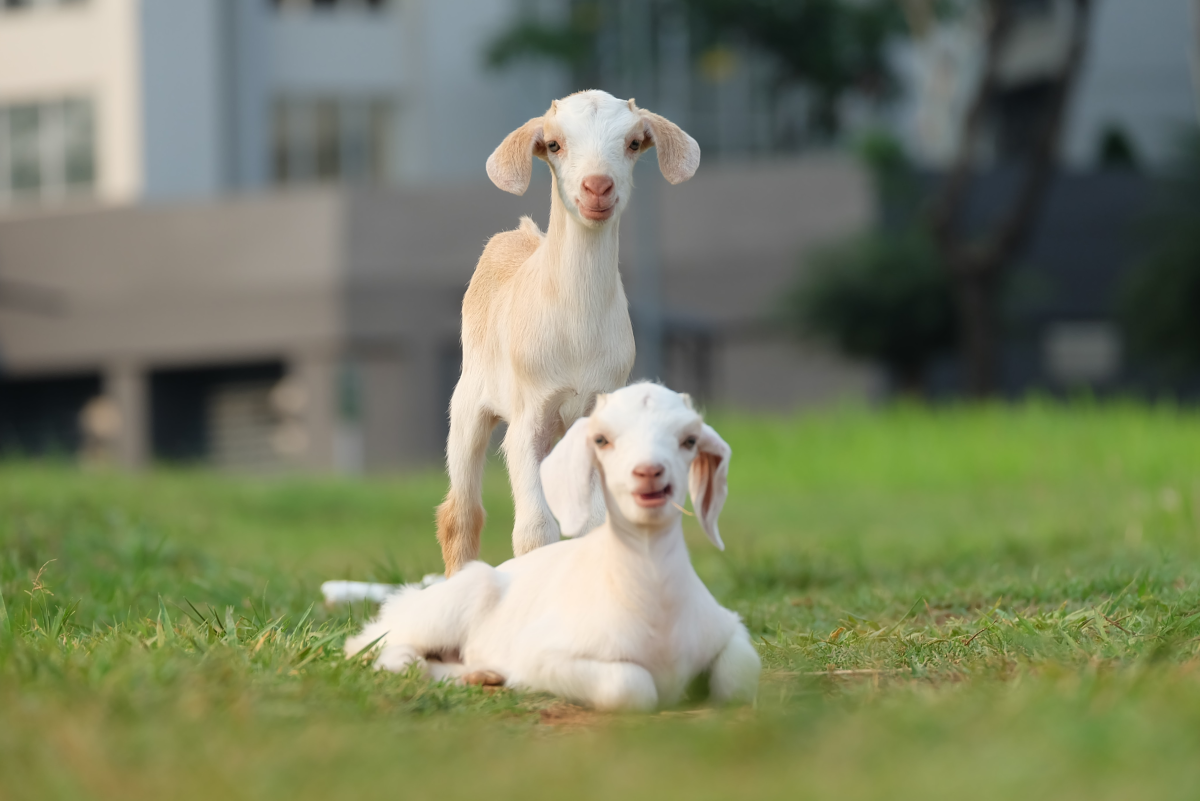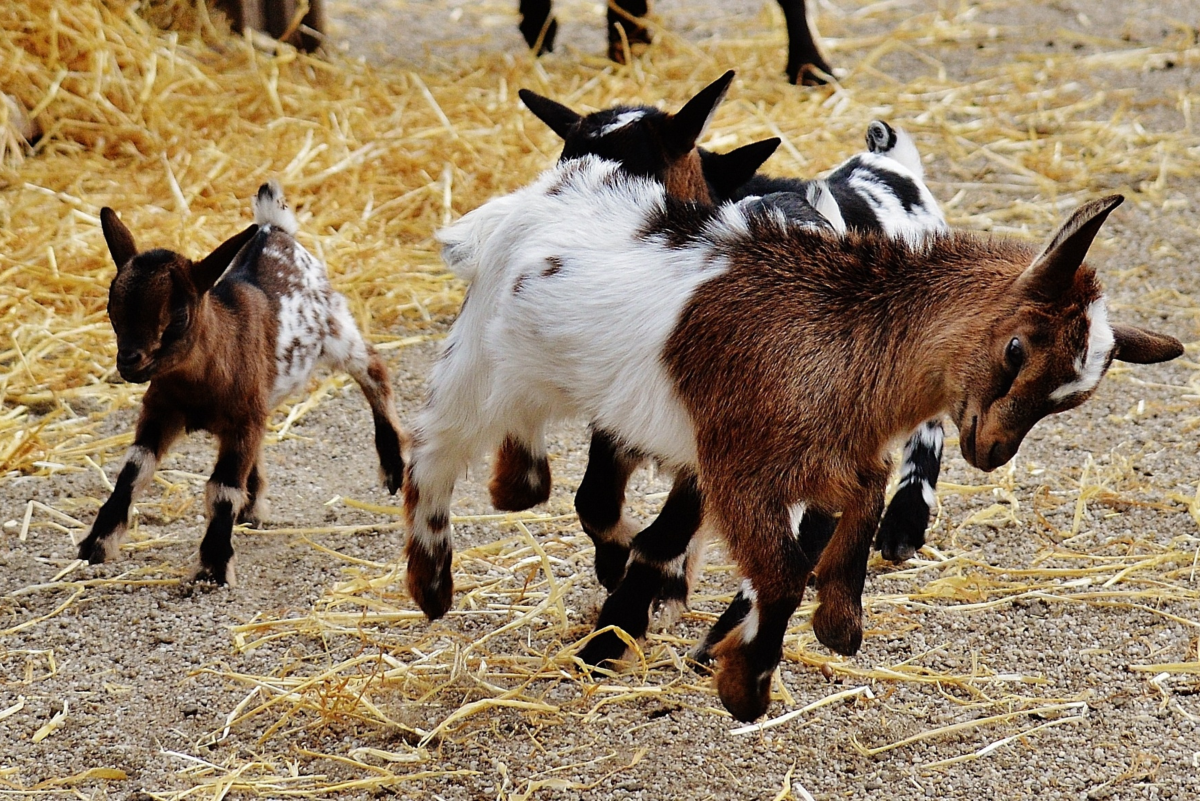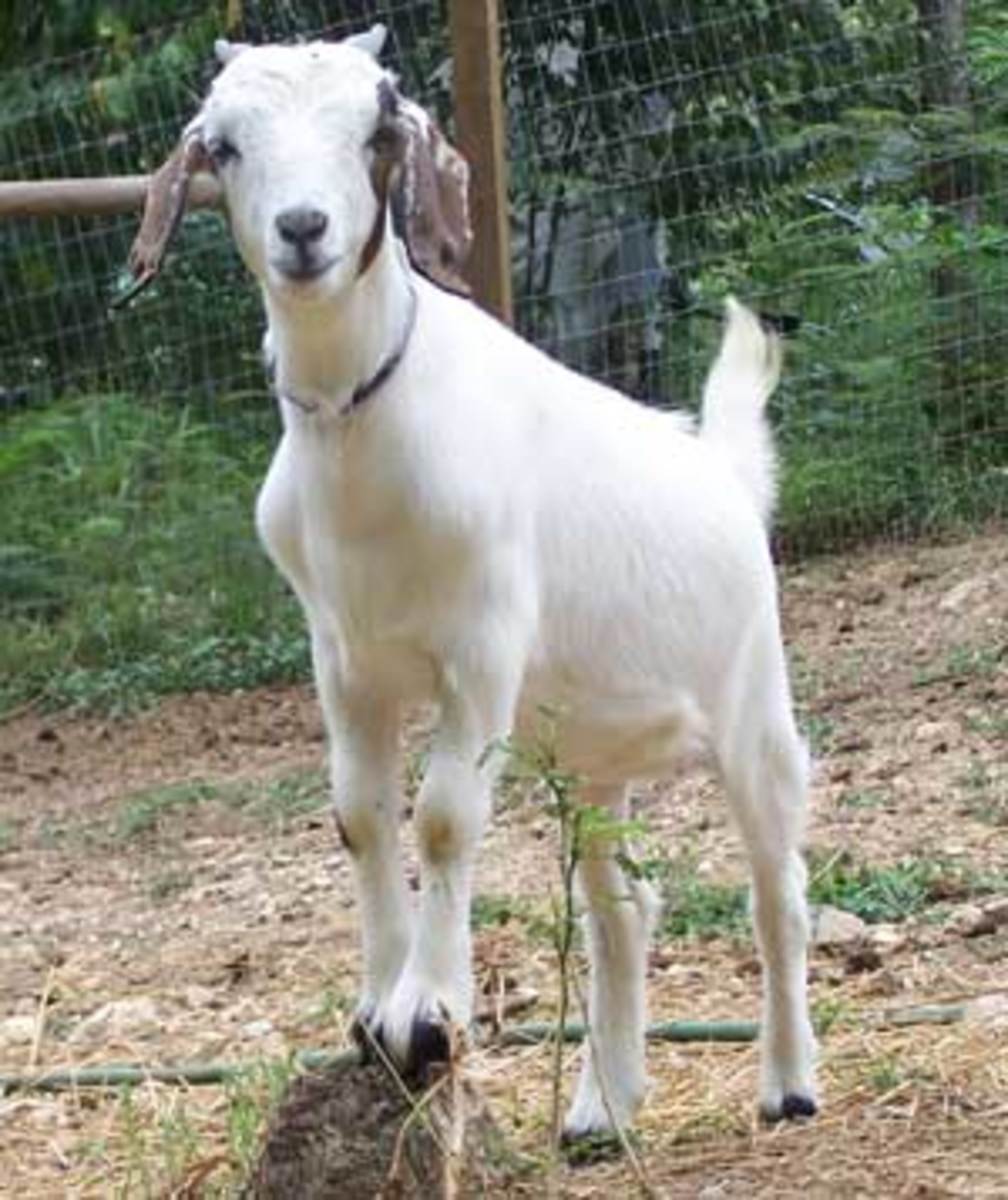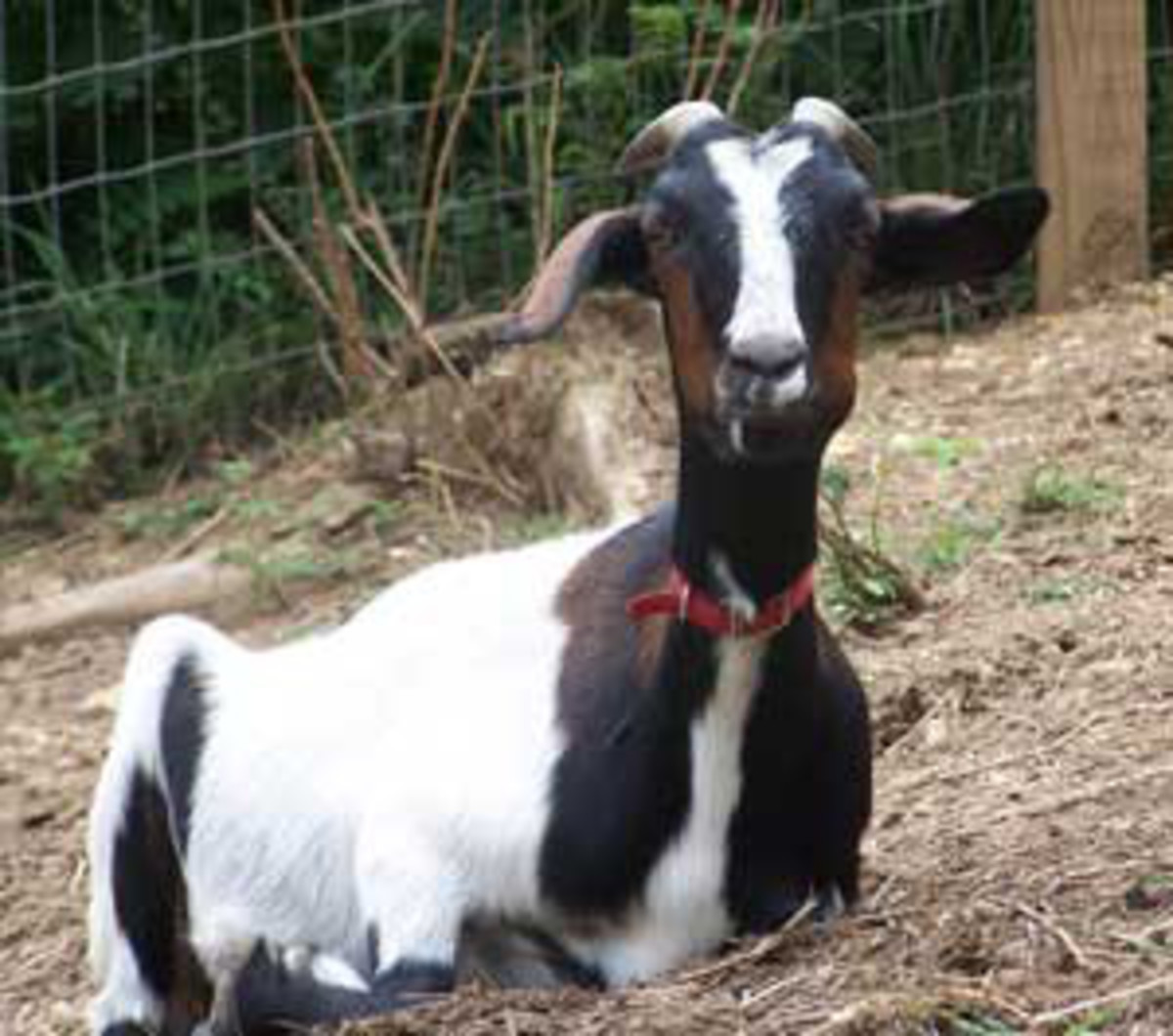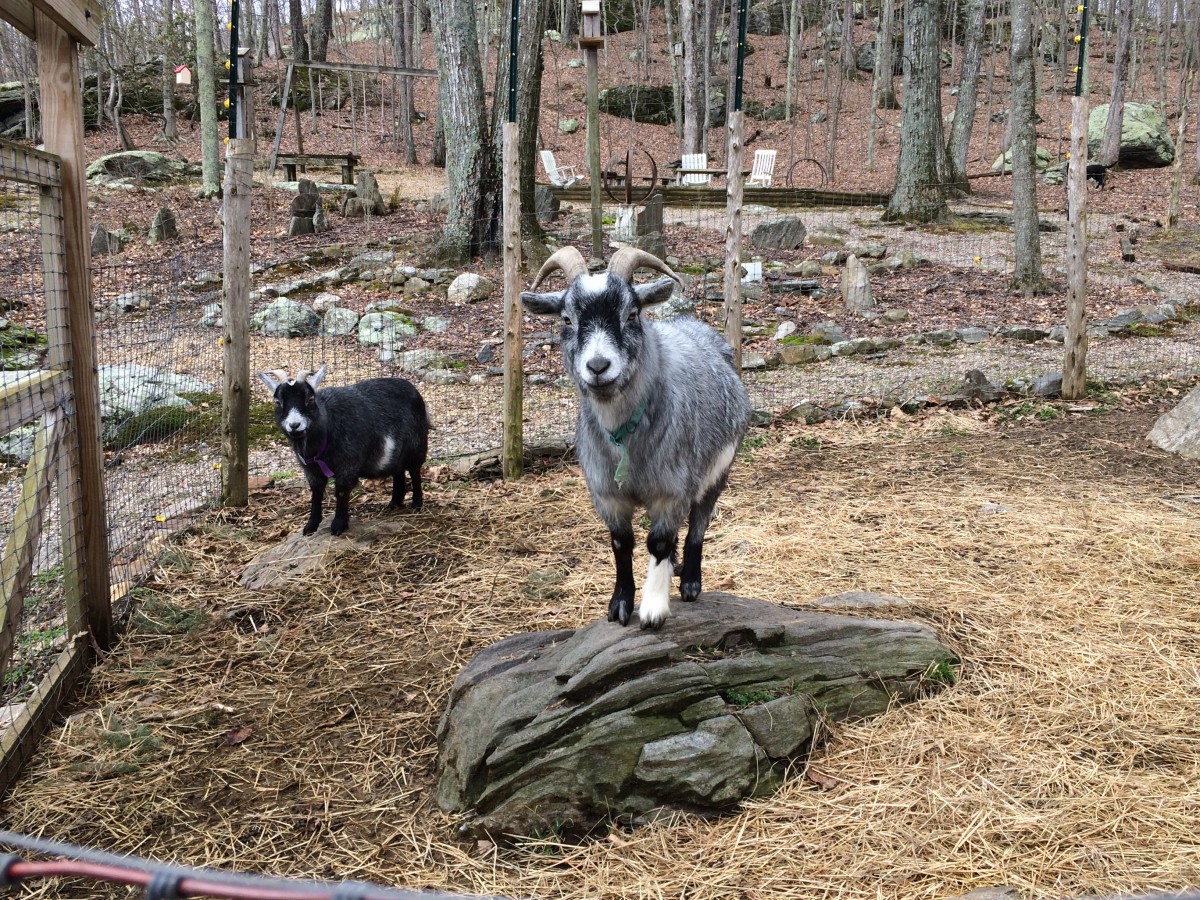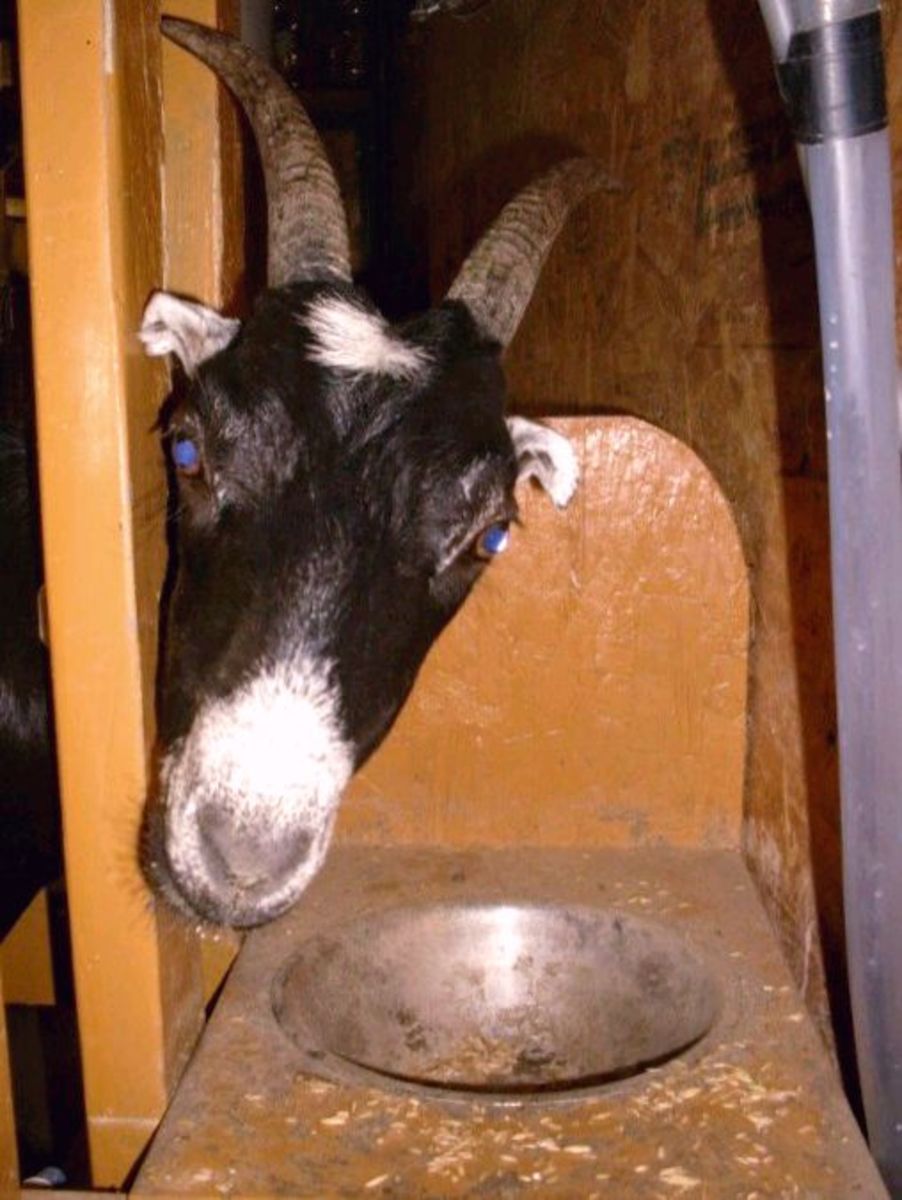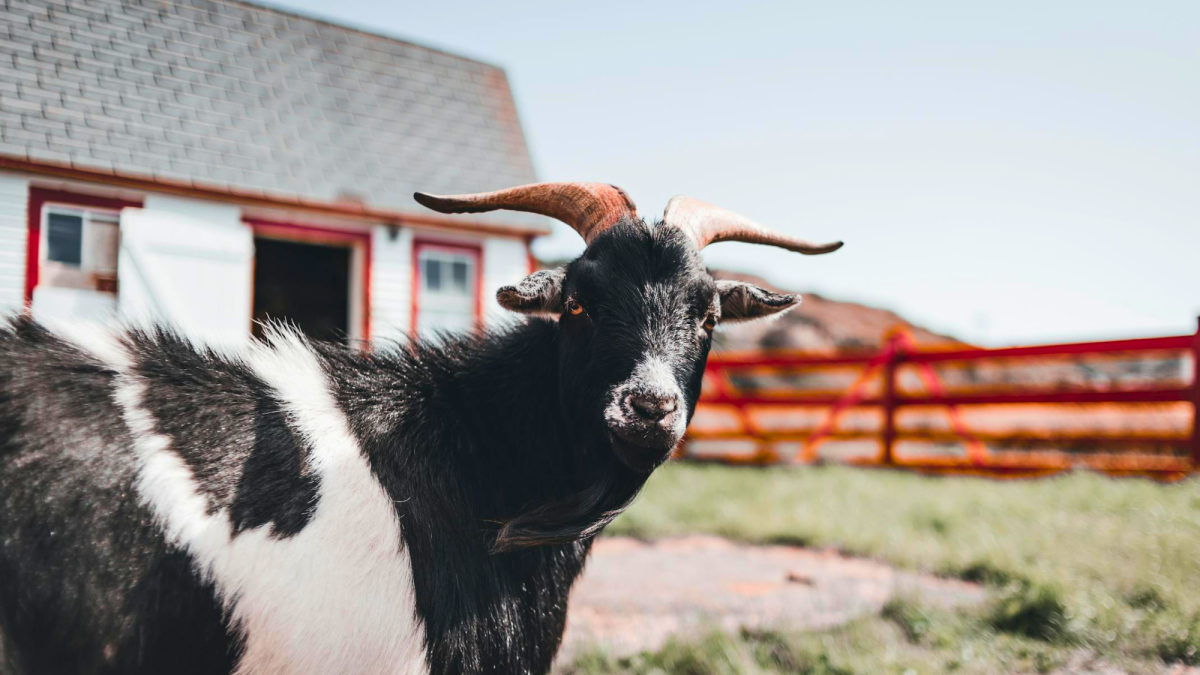Purchasing Your First Goat
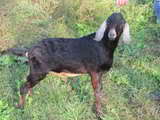
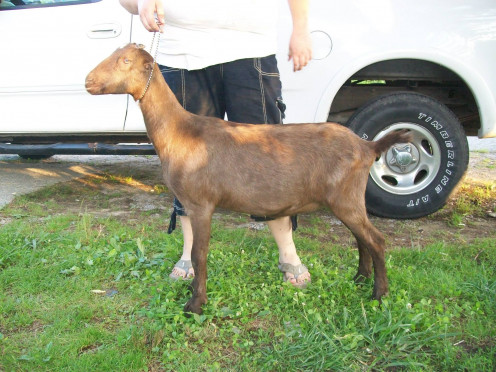
So you have decided you want goats?
Every year people become new goat owners. Some have done their homework and arent easily fooled by unhealthy animals; while others unfortunately end what should be a great experience with tragedy or overwhelming vet expenses.
Hopefully I will be able to share with you a few tips to be able to avoid being one of the unpleasant experiences.
Do your Homework!
Before you even consider who you will purchase your new goats from, you need to do a little homework.
First: Compare your breeds. Every breed is slightly different and will require different amounts of work and other requirements. For example a meat goat breed such as a boer will require less work than a fiber breed such as the angora.
Second: Before you go any farther I would suggest you locate a good goat vet. A small animal (pet) vet is less likely to know as much as a vet who raises goats or has experience with goats. It is also suggested that you locate a good goat mentor. This person should be someone that is knowledgable in goats and that you trust enough that if you were to have to have help and couldnt get a vet- this person could help you.
Third: Decide how your barn and paddock (fenced in areas for the goats to roam in) should be designed. Friendly word of advice- what ever you decide to build- if you can afford to double the size because eventually if you stay in goats long enough you are going to need the extra space.
Fourth: Get a soil sample. This will be essential later on in figuring out what your hay, pastures, and even your goats can be deficient in.
Fifth: Learn the normal "healthy" looks of a goat. Study your diseases and dont be afraid to ask the breeders about their herd health. Most reputable breeders will gladly answer any and all questions.
Sixth: Dont be afraid to ask lots of questions. There are no silly questions when you are trying to learn.
Locating a Breeder
After you have done your homework and have prepared your area where the goat will be housed, it is time to locate a breeder.
You want to locate a reputable breeder is honest and has healthy animals. This should certainly be someone you can feel comfortable with. Sometimes you will look at a lot of animals and meet a lot of breeders before you locate the herd that is right for you. Dont settle for the first goat you see unless you know that is the one that you would like to build your herd with.
Many registrys have listing of their members- aka- breeders. Most of these people will sell both registered and unregistered animals and would be a good place to start.
What questions should I ask?
These are just examples of questions that most breeder are glad to answer and some even expect.
How long have you been raising goats?
Can I visit your farm?
What is your herd management practices such as vaccinations?
What are your normal weaning weights?
Have your ever had any abcesses or diseases such as CL, CAE, TB, Bruccelosis, or Johnes?
If you dont test- would you consider testing for a buyer at buyers cost?
Have you ever had any abortions in the herd?
Do you fecal?
What is your worming program?
If there is one particular goat for sale- why is it for sale?
Has this goat had any health problems?
If only one goat is for sale- How old is it, is it registered, has it ever kidded before?
What is your feeding program?
If I purchase goats can I get enough grain to transition them to my feeding program?
This is just a short list of questions and you can add your own set of questions. Most honest reputable breeders wont mind answering questions as they love talking about their goats.
What are some normal signs of a healthy-sound animal?
Remember that goats are herd animals and you should NEVER purchase a single goat unless you have one already at home and even then I try to purchase in pairs to reduce stress of the new one. After locating a breeder you will begin locating the perfect goat for you. If it is healthy they are usually full of energy or very curious. They want to know what is going on in the area around them. A healthy goat usually holds its head high. If you go into a pasture a goat is holding its head down, bleating or as some people say baaing, and kind of drooping around- there is usually a good reason. This type of animal is most likely sick. It is also suggested at this time to observe the goat and check it over. Look for signs of lice, scars, and check the teats and the orfices.
Have Fun!
There is a lot to locating the goat that is right for you, but once you do it is usually a very rewarding experience. The breed a person chooses even says a lot about the person themselves.
From a fellow breeder: Welcome to the Goat World!!
Livestock Thermometers- A Goats normal body temp is 102.5
This content reflects the personal opinions of the author. It is accurate and true to the best of the author’s knowledge and should not be substituted for impartial fact or advice in legal, political, or personal matters.
© 2012 Katie Slaven


